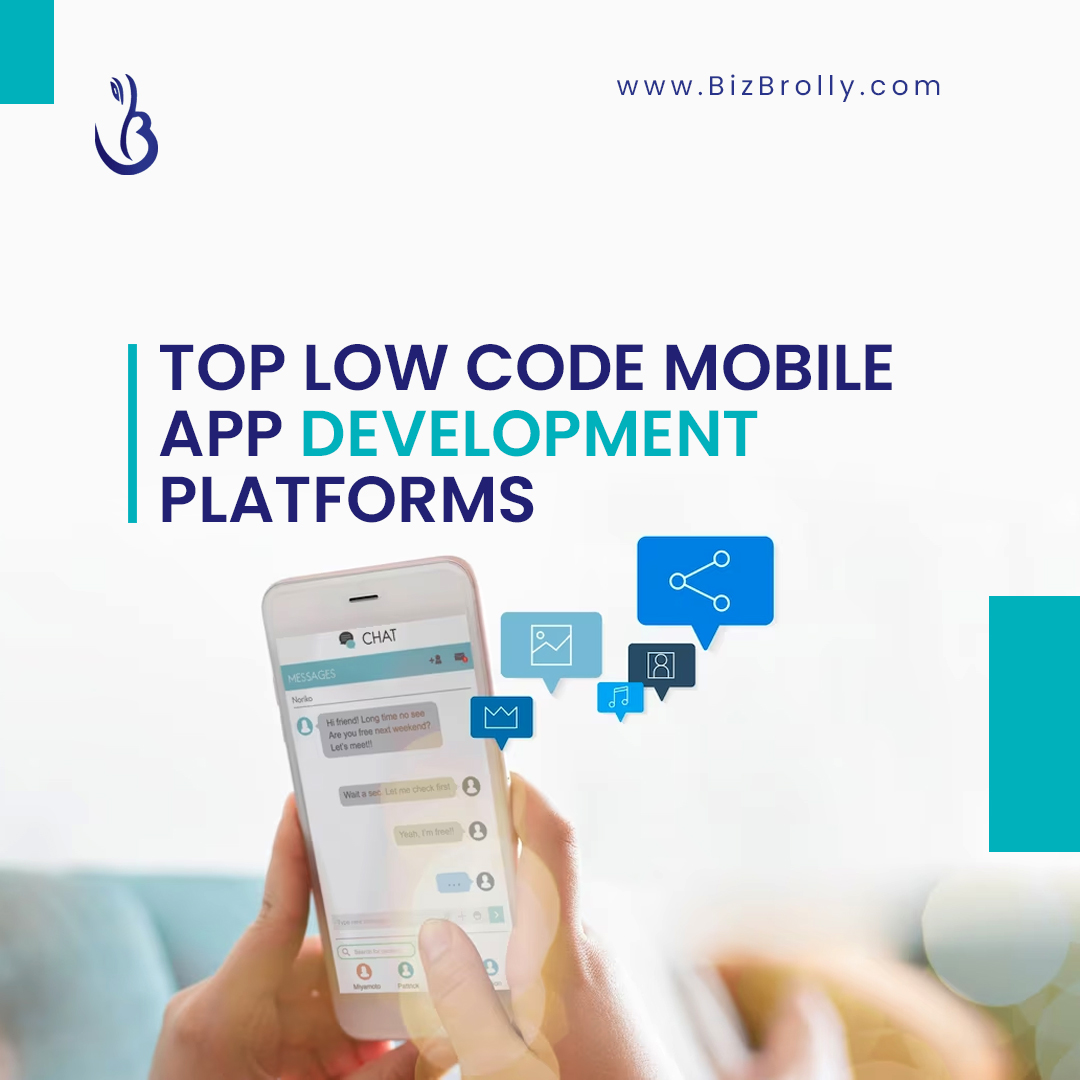
Low-code mobile app development platforms offer a quick and efficient way to run business applications, saving valuable time and resources. The traditional mobile app development process can be lengthy and require a lot of effort, but utilizing a low-code approach can significantly speed up the process by a factor of ten.
Low-code development is a method of creating software applications where a visual interface with simple drag-and-drop features and logic is utilized instead of writing code by hand. This approach minimizes the need for coding, making it possible to build applications, ranging from simple to complex, that meet complex business requirements, speed up digitalization efforts, and reduce the time it takes to bring the product to market.
Here are several significant benefits of low-code mobile app development that could greatly influence your final decision.
The speed of advancements has a significant impact on various business operations.
The impact you create with low-code app development will be significant.
Low-code development streamlines the process of innovation by eliminating the need for extensive coding. This results in faster application development and improved productivity, as more applications can be created in a shorter amount of time.
The low-code methodology enables the development of fast-functioning applications that offer seamless user experiences across multiple devices. For instance, collaborative tools and applications can be utilized with equal ease on a desktop computer or a smartphone.
Costs are decreased due to the elimination of the requirement for development teams and the utilization of costly tools.
The advantage of low code in terms of business agility is the capability to develop multi-platform applications that can operate on various devices.
Risk management
Efficient management involves adapting to changes in market conditions and rules for conducting business, and automation can help minimize potential risks.
Here are some of the potential drawbacks you may encounter when using low-code technology:
Low code has limitations in terms of the features it provides. System developers are restricted to using only pre-defined blocks on a particular platform, making it challenging to tailor the applications to their needs, particularly when the available blocks don’t provide the desired functionality.
The versatility of low-code platforms is acknowledged, however, it is acknowledged that no single tool can excel in all aspects. Hence, under heavy usage, low-code platforms may face performance difficulties, which can only be resolved by rewriting the application using traditional coding methods.
It can be challenging to integrate applications with external systems using a low-code platform, particularly in situations where cross-functional teams need to connect with legacy systems that have APIs that do not conform to established standards.
Let’s discuss some of the top low-code development platforms that are frequently utilized by developers from various organizations in multiple endeavors.
Airtable is a robust and widely-used database solution utilized by over 200,000 companies globally. It transforms traditional business processes by creating custom-made applications that are capable of fulfilling an array of functions. The integration of services such as Slack, Gmail, Facebook, Twitter, Teams, and Google Sheets streamlines your workflow. With Airtable, you can work from any location and at any time, making use of its desktop and mobile apps to edit, add notes and synchronize changes across all devices.
Back4App is a straightforward and versatile platform for app development, which has been widely recognized by various industry publications. As a centralized API and backend solution, it simplifies the process of creating, hosting, and deploying applications, enabling developers and designers to focus on enhancing the user experience without getting bogged down by complicated infrastructure.
This platform is highly efficient and offers a low-code solution with remarkable functionality. Regardless of your technical proficiency in programming, you can accomplish tasks quickly, effortlessly, and securely with its help.
It comprises a range of tools that will aid you in revamping your business through the development of cross-platform applications, ranging from basic call logs to intricate ERP systems.
OutSystems is a platform aimed at revolutionizing the process of software development. It streamlines the creation and deployment of intricate applications through the use of cloud technology, DevOps, and artificial intelligence. OutSystems simplifies routine business operations and adjusts to evolving market demands with ease. The platform provides a range of automation tools and services to develop secure, scalable, manageable, and resilient applications.
Backendless is a cutting-edge platform for app development that aims to empower modern businesses to swiftly create and enhance their software products. This technology offers a secure, flexible, and scalable solution for data storage and retrieval. It’s a low-code Visual Application Development Platform that integrates a UI builder, an intuitive interface, database management, and API management capabilities.
BuildFire is a comprehensive platform that offers a low-code solution and user-friendly interface. The platform aims to bridge the gap between business and IT teams, empowering those without programming skills to construct applications effortlessly. With its robust application builder, developers can create custom applications with speed and efficiency, enabling organizations to expand and streamline their innovation.
Appy Pie is a renowned low-code software development platform that offers organizations a simple and straightforward means of building applications efficiently. This platform empowers developers to create applications regardless of their coding experience, budget limitations, and technical proficiency. The web-based app builder allows you to easily create apps by dragging and dropping various elements, resulting in your app being ready in a matter of minutes.
Low-code app development, combined with bespoke software development services, significantly accelerates the software development process. The best low-code mobile app development platform from the reviewed list should be able to address users’ main challenges quickly, allowing non-technical individuals with limited or no knowledge to participate in the app development process effortlessly, with minimum or no risk, and maximum impact.
Through these user-friendly, low-code platforms, developers at cross-platform app development companies can create applications with limited coding, reducing the workload for the IT team and promoting organizational flexibility.